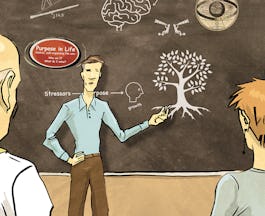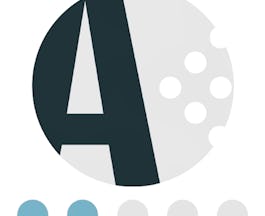Filter by
The language used throughout the course, in both instruction and assessments.
391 results for "neuroscience"

University of Michigan

University of Colorado System
Skills you'll gain: Business Psychology, Entrepreneurship, Resilience, Leadership and Management, Communication, Emotional Intelligence, Human Resources, Leadership Development

Emory University
 Status: Free
Status: FreeUniversity of Arizona

University of Illinois at Urbana-Champaign
 Status: Free
Status: FreeThe University of Edinburgh
Skills you'll gain: Critical Thinking
 Status: Free
Status: FreeAmerican Museum of Natural History
 Status: Free
Status: FreeUniversità Bocconi
Skills you'll gain: Leadership and Management, Business Psychology, Culture, Human Resources, Communication, Entrepreneurship, Leadership Development, Organizational Development, Conflict Management

University of California, Davis
Skills you'll gain: Communication, Critical Thinking, Emotional Intelligence, Leadership and Management, People Development, Professional Development, People Analysis, Problem Solving, Strategy and Operations, Strategy
 Status: Free
Status: FreeUniversity of Maryland, College Park

University of Colorado Boulder
Skills you'll gain: Emotional Intelligence, Culture, Leadership and Management

University of Pennsylvania
Searches related to neuroscience
In summary, here are 10 of our most popular neuroscience courses
- Finding Purpose and Meaning In Life: Living for What Matters Most: University of Michigan
- Agile Leader Training: University of Colorado System
- The Psychology of Thrill Seekers: Emory University
- Astrobiology: Exploring Other Worlds: University of Arizona
- Deep Learning for Healthcare: University of Illinois at Urbana-Champaign
- Philosophy, Science and Religion: Philosophy and Religion: The University of Edinburgh
- Marine Biology: American Museum of Natural History
- International Leadership and Organizational Behavior: Università Bocconi
- The Growth Mindset: University of California, Davis
- Exploring Quantum Physics: University of Maryland, College Park










